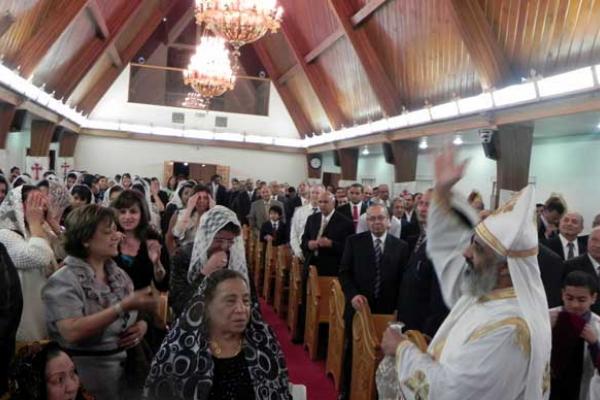The fate of Copts looks as tenuous as ever as Egyptians struggle to determine who won this weekend's first-ever democratic presidential elections. Presented with what many saw as a lose-lose proposition, Egyptians had a choice between Ahmed Shafiq, former prime minister of ousted leader Hosni Mubarak, or Mohammed Morsi of the Muslim Brotherhood, who many fear will turn the country into an Islamic state.
Though final results are not yet in, the Muslim Brotherhood has projected its candidate as the winner. Within hours, Egypt’s military caretaker government, which is seen as sympathetic to Mubarak's old regime, issued an interim constitution that granted itself broad power.
Carl Moeller, who leads the Southern California-based Open Doors USA, an organization that works with persecuted Christians worldwide, estimates that approximately 100,000 Coptic Christians abandoned the country for the U.S. or Europe last year following the turbulence of the Arab Spring and attacks on Coptic churches.
Read the Full Article

